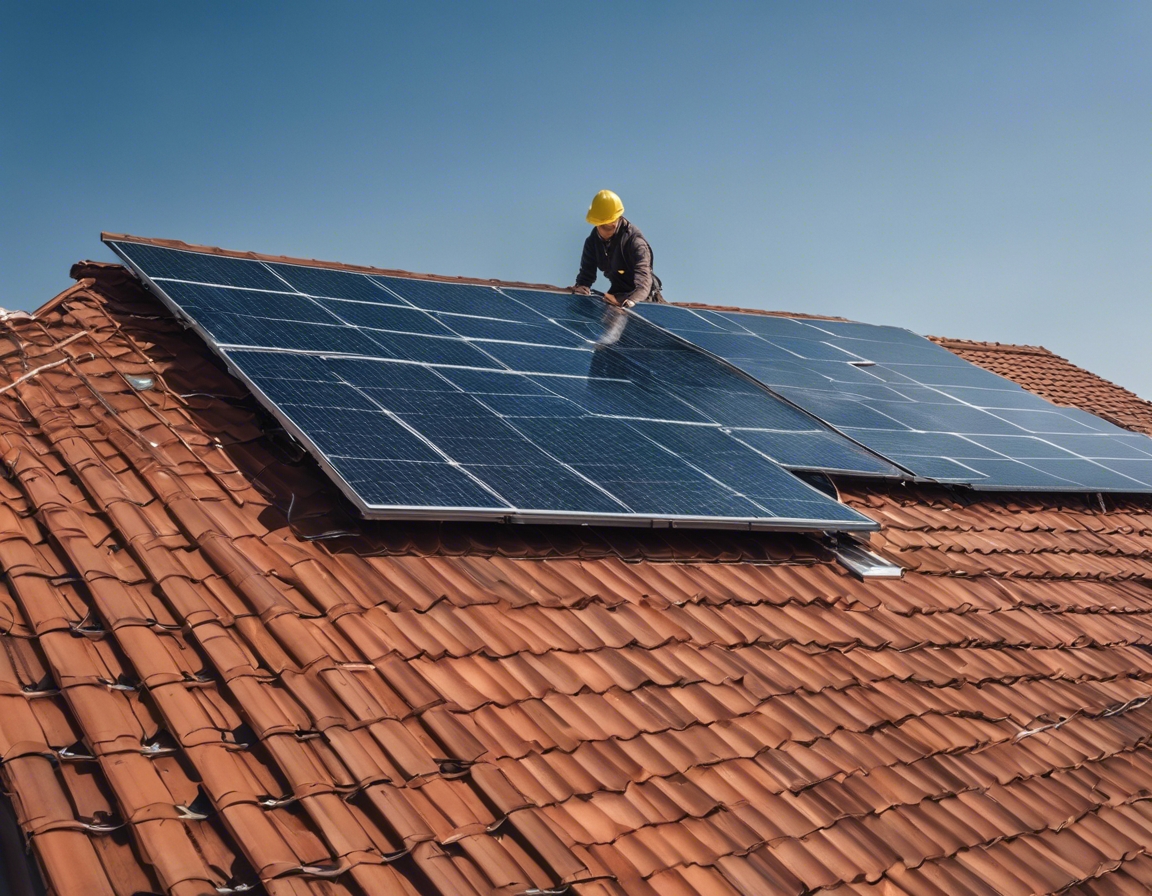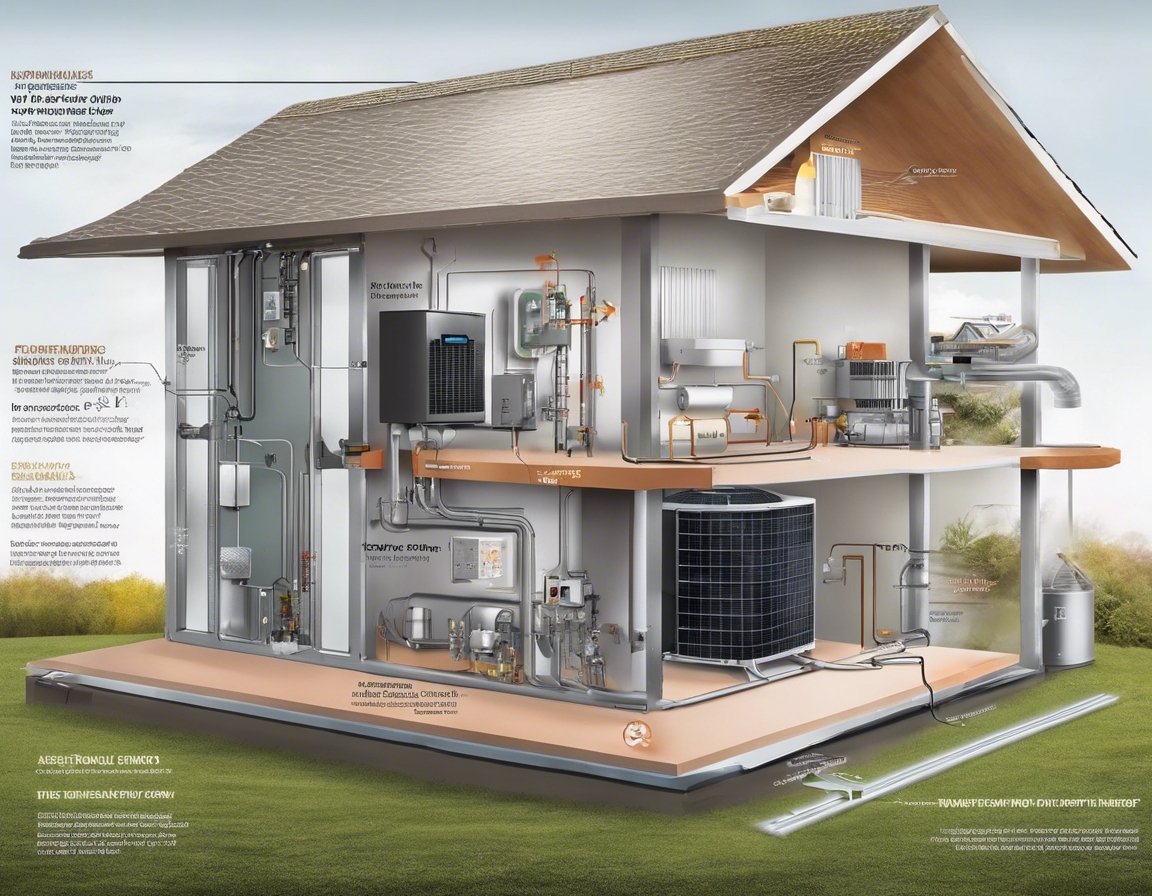The future of heating: trends to watch
As the world becomes increasingly aware of the environmental impact of traditional heating methods, the quest for sustainable and efficient heating solutions has never been more critical. The future of heating is poised to be shaped by a combination of innovative technologies, policy changes, and shifts in consumer behavior.
With climate change concerns at the forefront, sustainable heating solutions are not just a preference but a necessity. Homeowners, businesses, and municipalities are now seeking ways to reduce their carbon footprint while maintaining comfort and efficiency.
Current heating systems range from fossil fuel-based boilers and furnaces to electric heaters and district heating networks. However, these are often energy-intensive and contribute significantly to global greenhouse gas emissions.
Emerging Trends in Heating Technology
The integration of renewable energy sources like solar and wind into heating systems is a growing trend. This not only reduces reliance on fossil fuels but also leverages the increasingly competitive costs of renewable energy technologies.
Smart thermostats and heating controls allow for more precise management of heating systems, optimizing energy use and reducing waste. These systems can learn from user behavior and adjust settings to maximize comfort and efficiency.
Heat pumps are becoming a popular choice for their ability to transfer heat from the ground or air into buildings. Geothermal heating, which uses the earth's natural heat, is also gaining traction as a long-term, sustainable solution.
Hydrogen is emerging as a potential zero-emission fuel for heating. When produced using renewable energy, it can power fuel cells or be mixed with natural gas to reduce carbon emissions.
High-performance insulation materials are critical in minimizing heat loss from buildings. Innovations in this area can significantly enhance the energy efficiency of heating systems.
Impact of Regulations and Policies
Governments around the world are offering incentives and subsidies to encourage the adoption of energy-efficient heating systems. These policies are instrumental in driving the market towards greener solutions.
Updated building codes and efficiency standards are pushing for the construction of buildings that are better suited for modern, efficient heating systems, further promoting sustainable practices.
Consumer Behavior and Market Dynamics
Consumers are increasingly aware of the environmental impact of their choices, including heating. This awareness is driving demand for eco-friendly heating solutions that align with their values.
While sustainability is a significant factor, cost remains a crucial consideration for consumers. The challenge lies in finding a balance between affordability and environmental responsibility.
Technological Innovations in Heating
Artificial intelligence and machine learning are being applied to heating systems to further enhance efficiency. These technologies can predict heating needs and optimize system performance in real-time.
The Internet of Things is transforming heating systems into interconnected networks that can be monitored and controlled remotely, providing unprecedented levels of control and data analysis.
Thermal storage technologies are evolving to better manage the supply and demand of heat energy. This allows for the efficient use of renewable energy when it is most available, such as during sunny or windy conditions.






Comments (0)